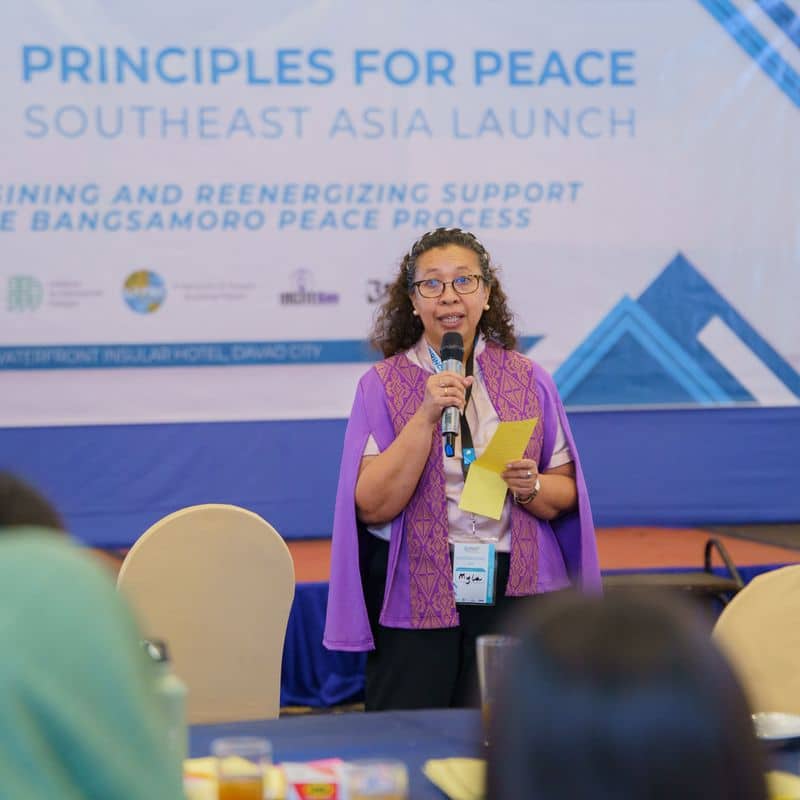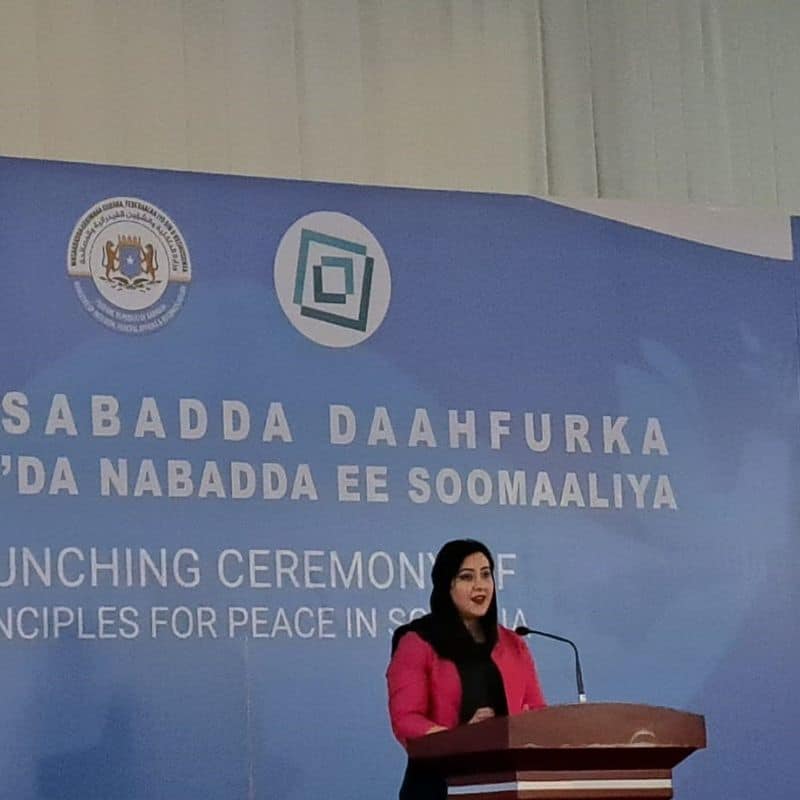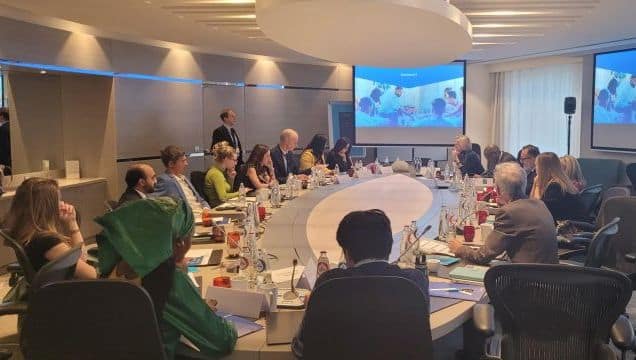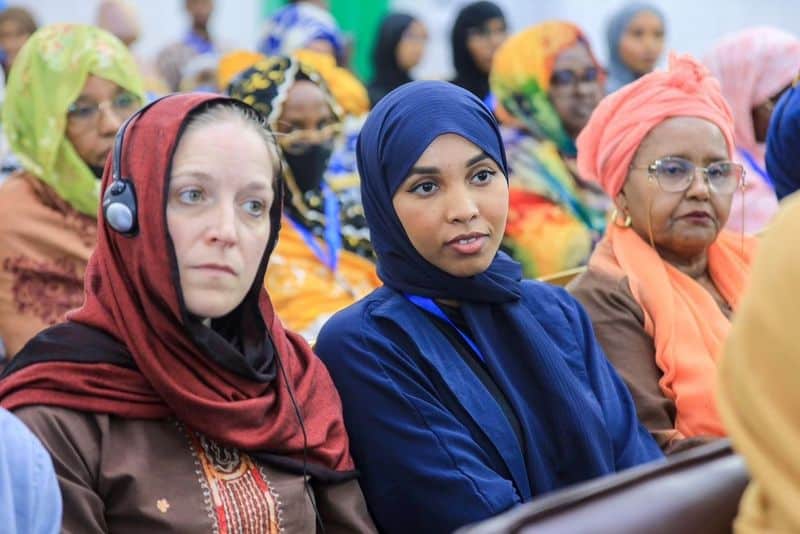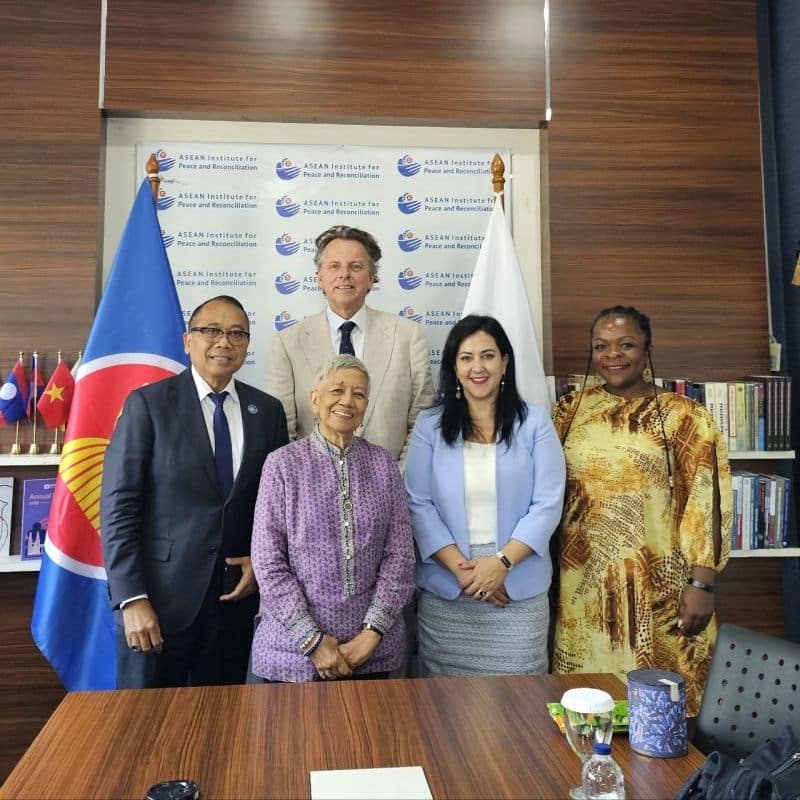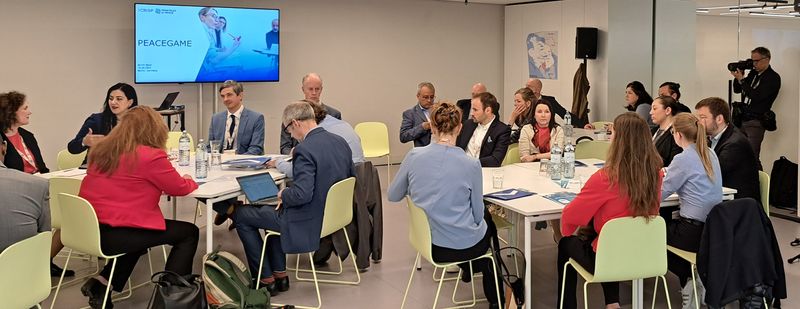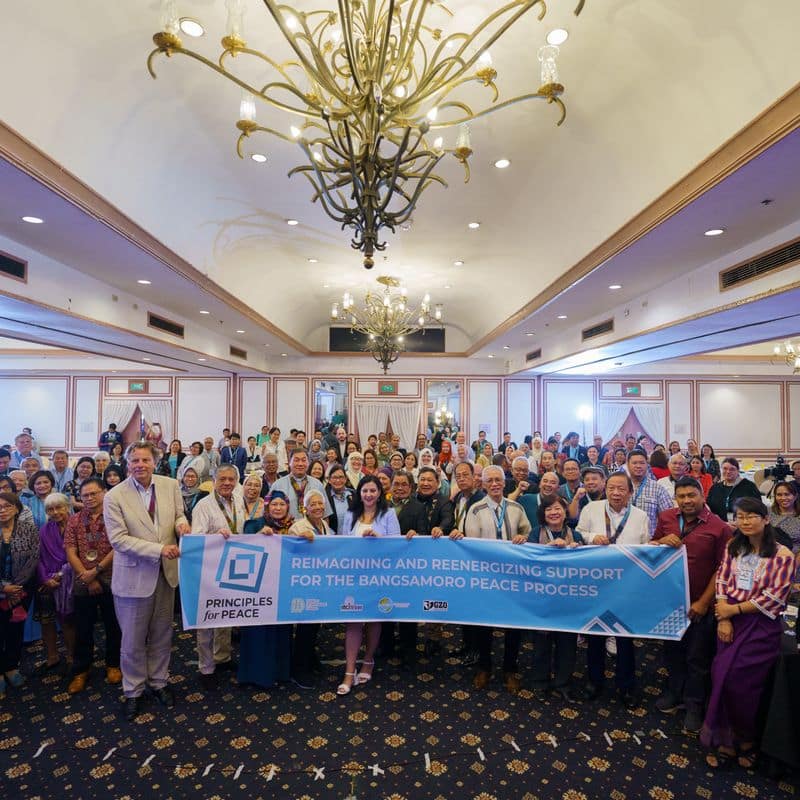ADVANCING PEACE PROCESSES
What we do
We advance the peace ecosystem and promote solidarity, humility, and subsidiarity in peace actions, approaches, and strategies. We ensure that voices from outside the traditional centres of power are at the forefront.
We offer a new approach and set standards for peace measurement and serve as an independent convenor, connecting stakeholders across diplomacy, politics, security, and development under the eight Principles for Peace.
A MULTIFACETED APPROACH
Priority areas
Working across three interlinked priority areas — effectiveness, system change, and accompaniment — to monitor progress, offer tools, and bridge local-international gaps, while maintaining an independent feedback loop to promote accountable and enduring peace.
priority area 1
We use the Principles as a diagnostic and measurement tool and use country-level Participatory Periodic Reviews for Peace to track and enhance the quality of peace engagements. This informs decision-making, fosters accountability, and empowers decision-makers with evidence for informed policymaking.
We bridge critical gaps in the peacemaking ecosystem, ensuring alignment between knowledge and action while measuring the quality and outcomes of peace engagements. This is primarily done through the P4P feedback loop—an evidence based and actionable guidance for decision-makers to course correct and show return on investment in peace.
priority area 2
We advocate for the adoption of the Principles among key stakeholders, emphasising a collaborative, ecosystem-based approach. We work to expand a global alliance and new narrative around peace, forming authentic and equitable partnerships through our Stakeholder Platform which connects diverse actors for collective action.
priority area 3
Our work is collaborative, involving partnerships with government, civil society, academia, and various actors. We provide practical support, actionable guidance, and adaptable approaches for peace processes, including national dialogues. We translate the Principles into concrete strategies, tailored tools, and innovative methodologies, such as peacegaming, playbooks, and scenario simulations, to foster dialogue and training.
